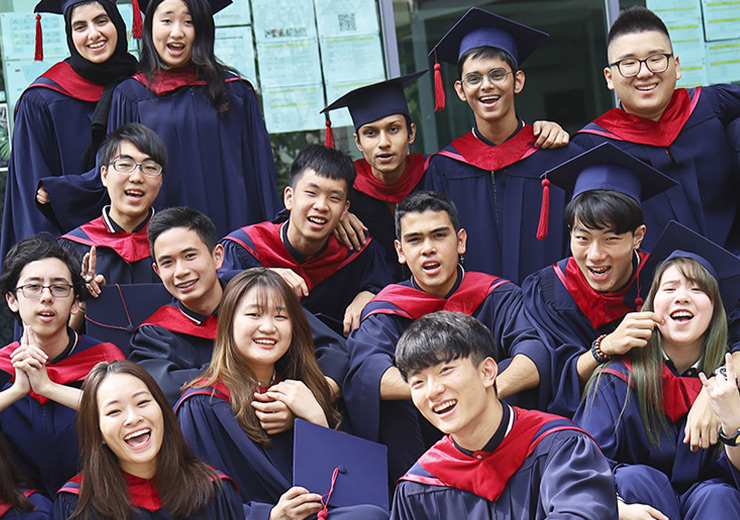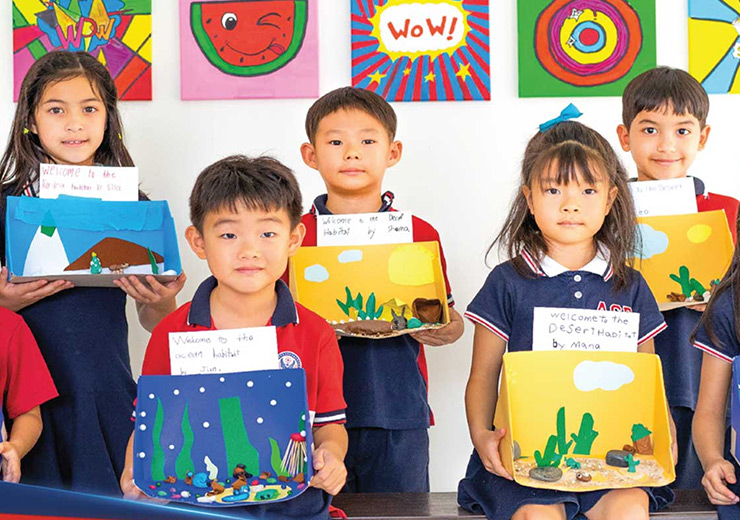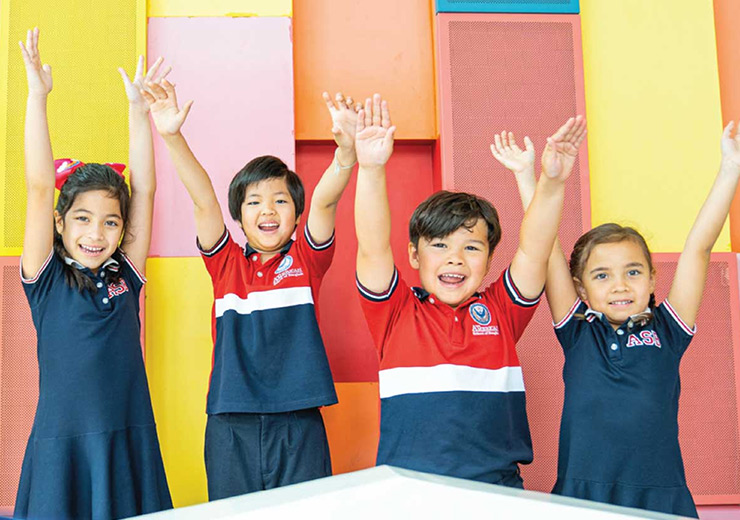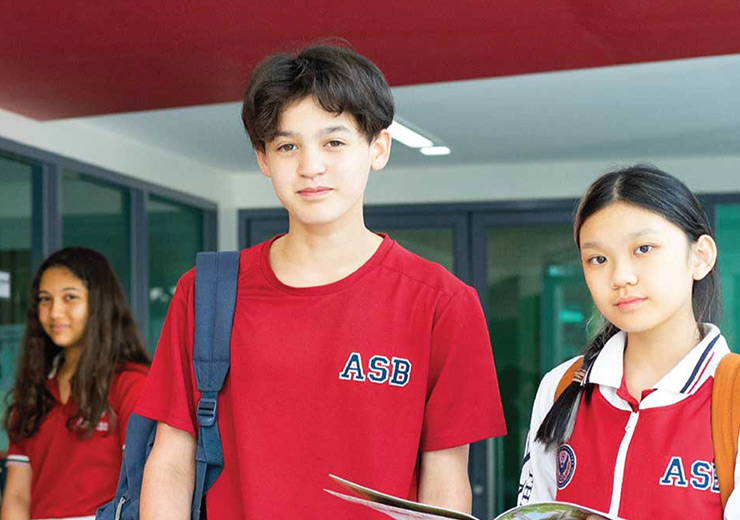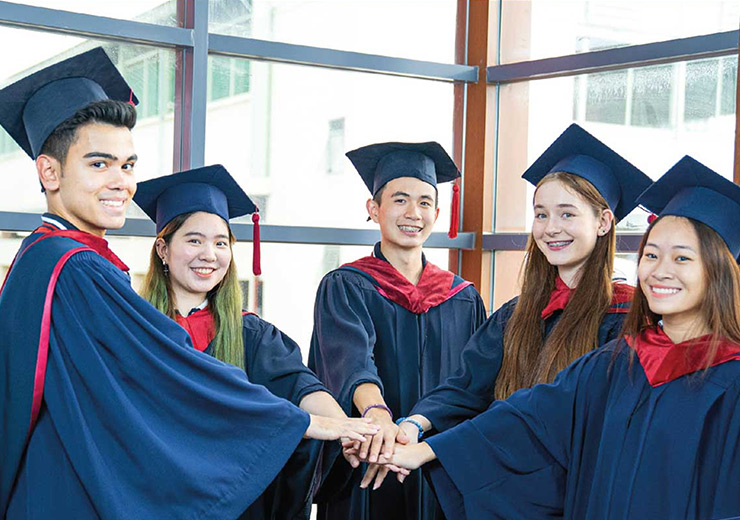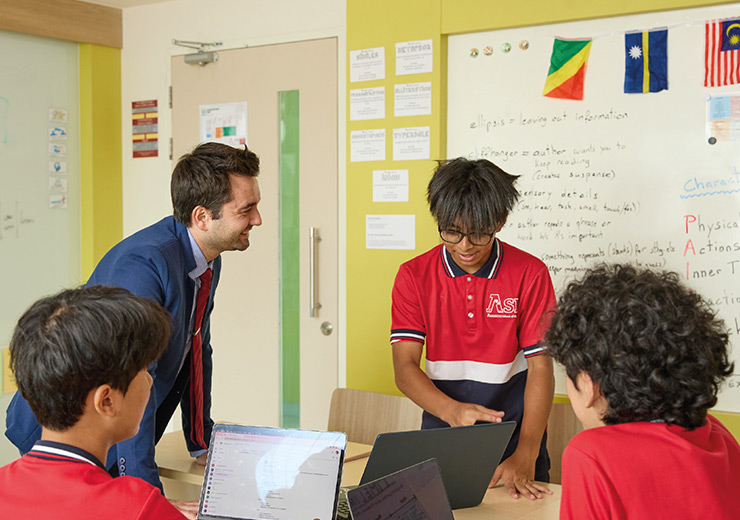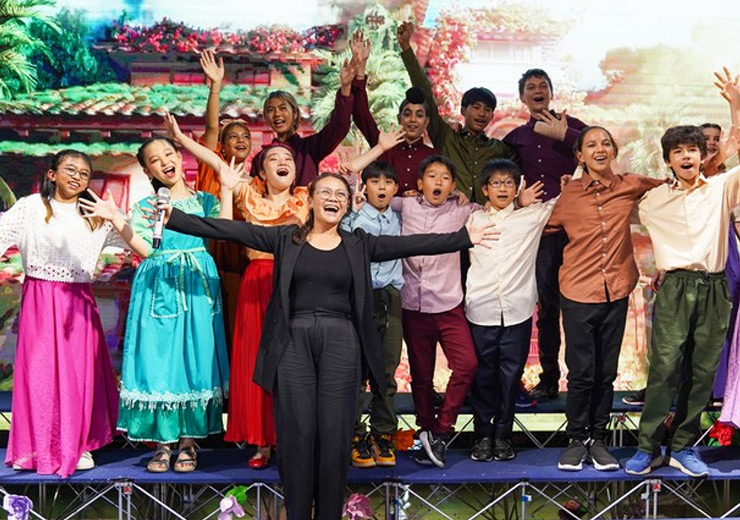Project-Based Learning

Project-Based Learning Activities
XCL American School of Bangkok is proud to support the most current and innovative approaches to teaching and learning, especially through Project-Based Learning.
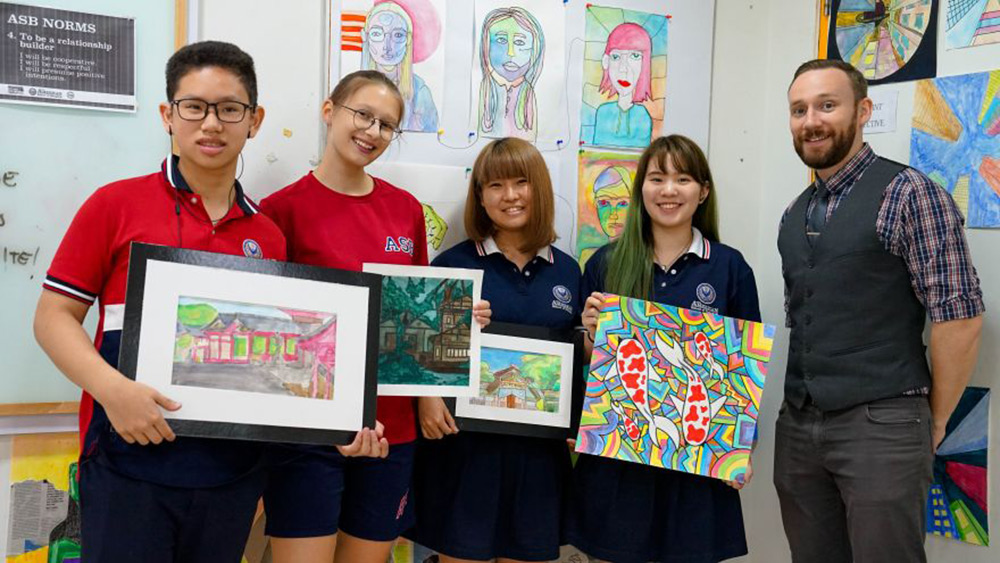
What is Project-Based Learning?
Project-based learning (PBL) is a student-centered teaching method that promotes hands-on, experiential learning by allowing students to apply their knowledge to real-world situations. It emphasizes group work, fostering effective communication skills and problem-solving abilities. PBL also encourages student choice, empowering them to take ownership of their work. Examples of PBL projects include sustainable garden design, marketing campaigns, and local environmental issue solutions.
The Benefits of Project-Based Learning
- Develops critical thinking skills: Project-based learning encourages students to think critically, analyze information, and develop problem-solving skills. They learn to approach problems creatively and find solutions that work.
- Increases engagement and motivation: By connecting learning to real-world problems and issues, PBL makes education more meaningful and engaging for students. They become more invested in the learning process and are more motivated to succeed.
- Encourages collaboration: Project-based learning often involves working in groups, which helps students develop collaboration and communication skills. They learn to work together, share ideas, and listen to different perspectives.
- Improves retention and understanding: By applying what they've learned to a real-world situation, students are better able to understand and retain the information. They develop a deeper understanding of the material and are better able to remember it later.
- Develops independent learning skills: Project-based learning puts students in charge of their own learning, which helps them develop independent learning skills. They learn to manage their time, set goals, and work independently.
- Enhances creativity: Project-based learning encourages students to be creative and think outside the box. They learn to develop unique solutions to problems and explore new ideas.
- Provides an authentic assessment: Project-based learning projects often involve a final product or presentation, which provides an authentic assessment of what students have learned. This allows teachers to assess their students' knowledge and skills in a more comprehensive way.

Project-based learning is like a puzzle. Students are given the pieces, but they have to figure out how to put them together. In the process, they learn how to think critically, solve problems, and work collaboratively.

Project-Based Learning Across All Grades
(with example)
XCL American School of Bangkok (XCL ASB) uses project-based learning (PBL) across all grades, from Early Years to High School. PBL is a student-centered teaching method that allows students to explore real-world problems and challenges through hands-on, experiential learning. In PBL, students work in groups to research a topic, develop a solution, and create a product or presentation. PBL has been shown to improve student learning outcomes, such as critical thinking, problem-solving, and collaboration skills.
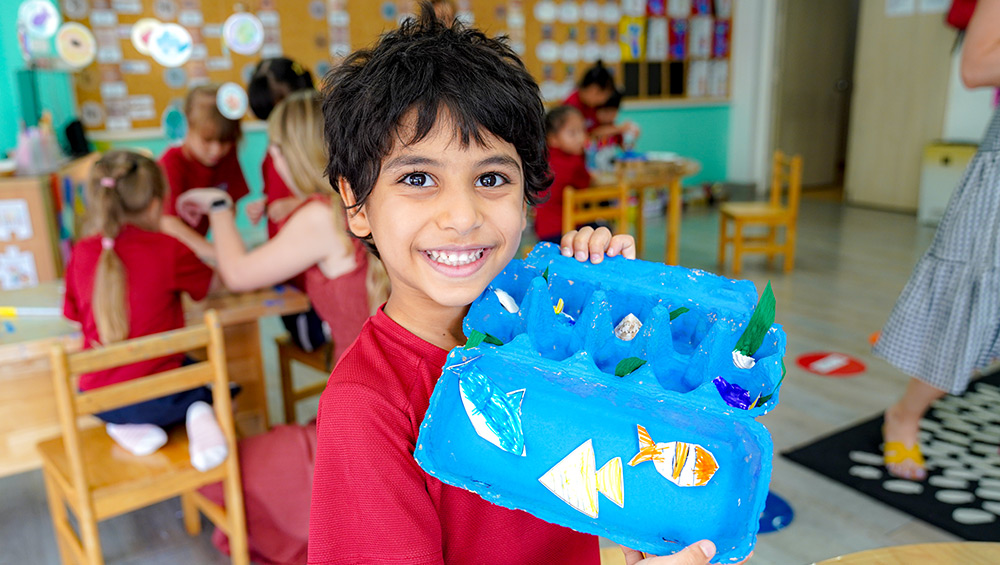
Early Years Project-Based Learning Activities
In Nursery and Kindergarten, students participate in Project-Based learning units in each semester. The Fall PBL units are designed based on student interests and are integrated with all content areas from Literacy and Mathematics to Physical Education and Music. This past year students investigated the 5 Senses, Animal Sounds/Habitats, and Ocean Pollution. Our spring PBL units are themed on the Kindergarten Musical and continue the application of skills and standards.
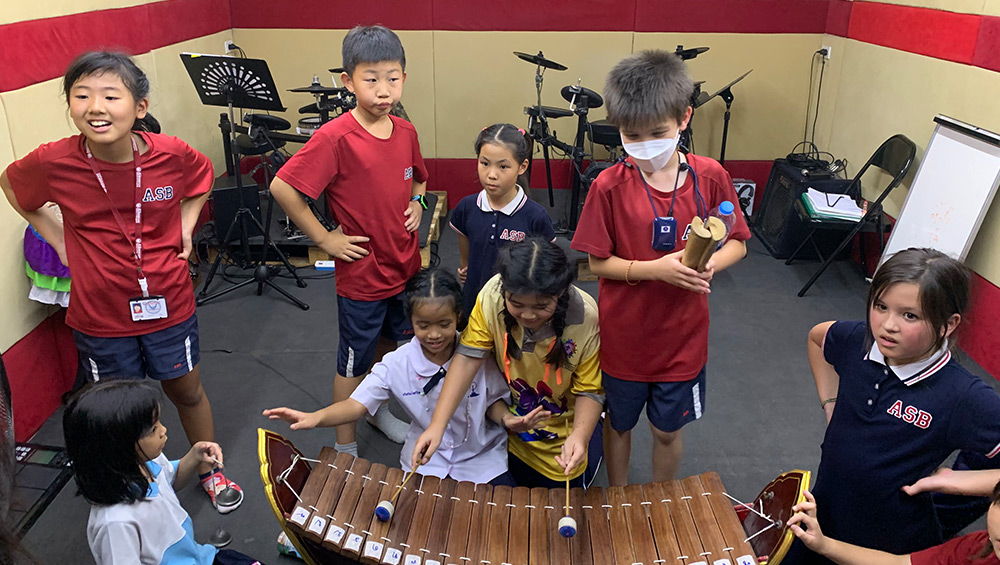
Elementary School Project-Based Learning Activities
At the Elementary level at XCL American School of Bangkok, homeroom teachers integrate Language Arts, Mathematics, Science, and/or Social Studies with the Arts, Design Technology, Physical Education, and other special classes to bring a PBL unit to life. PBL themes in the past have included Animal Habitats, Economics, the Plant Cycle, Children’s Rights, Human Migration, Agriculture, and World Religions.
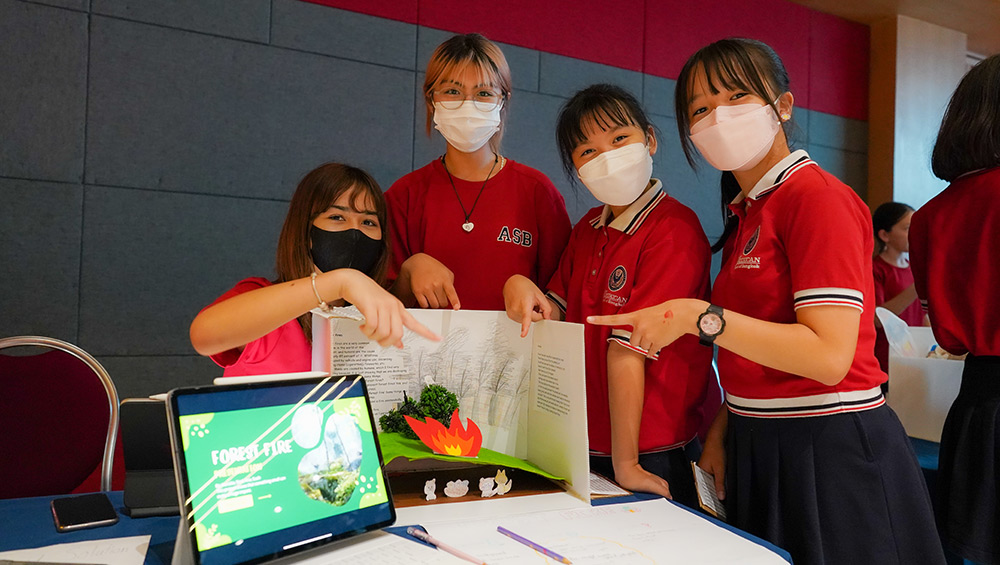
Middle School Project-Based Learning Activities
Middle School students at XCL American School of Bangkok also experience Project-Based learning in a cross-disciplinary way, which might include integration of Humanities, Mathematics, Science, and/or Social Studies with the Arts, Design Technology, and Physical Education.
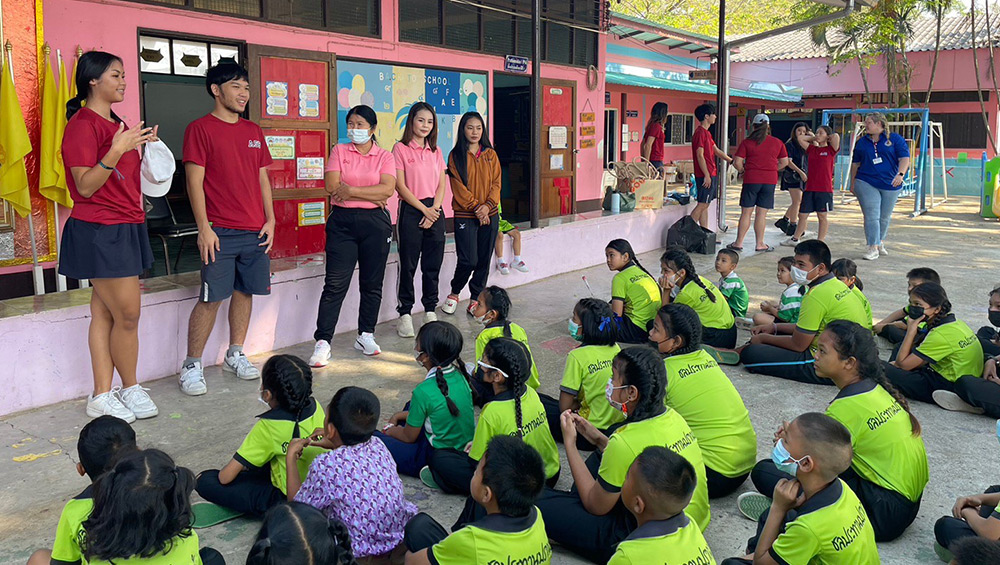
High School Project-Based Learning Activities
The PBL approach in High School is centered around one theme for the school year. Students explore this theme through the lens of each one of their courses. In past school years, students have explored the theme of sustainability through Economics, Arts, Geometry, Biology, Physics, History, World Languages, and so many other subjects. Ultimately this diverse exploration sparks a student-driven project for community advocacy, which allows XCL ASB students to support our larger community in Bangkok and Thailand.
Student Project-Based Learning Projects
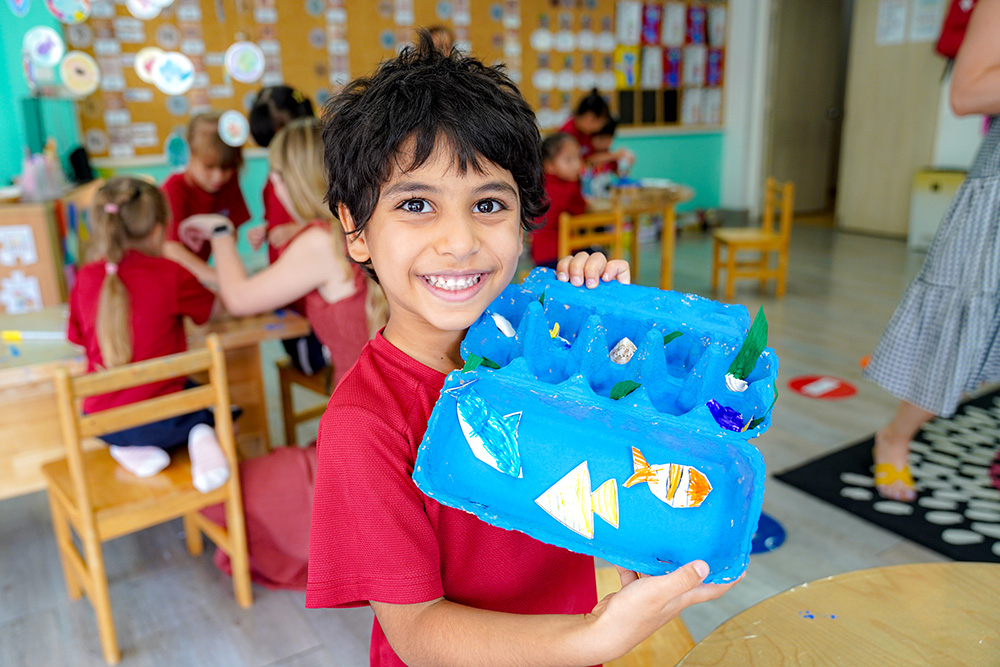
The Fall PBL Units
Student-driven projects on senses, animals, and ocean pollution.
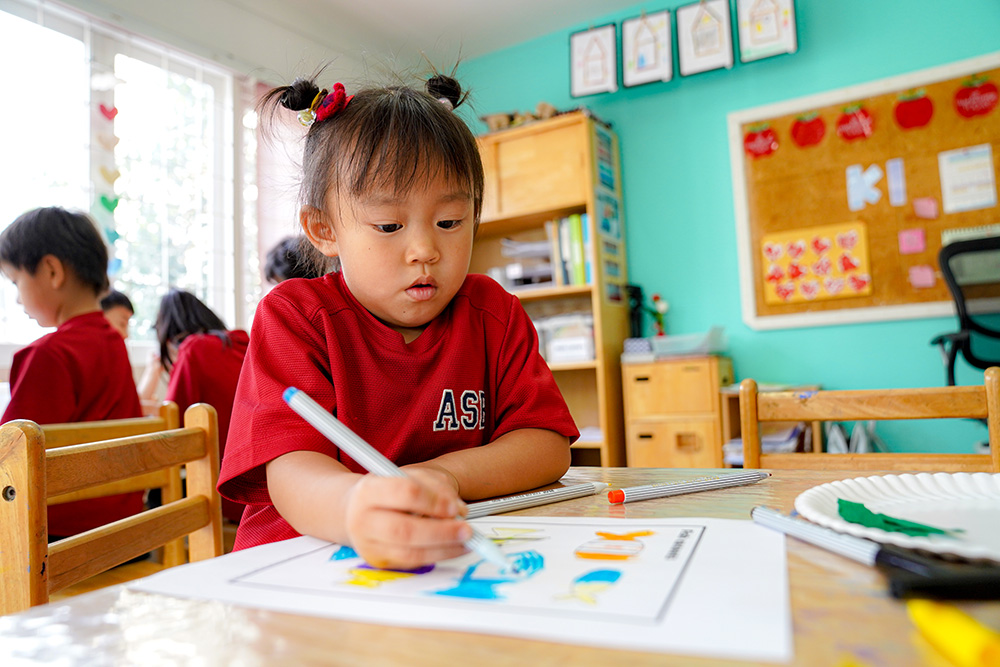
The Spring PBL Units
The units were themed on the Kindergarten Musical and continue the application of skills and standards.
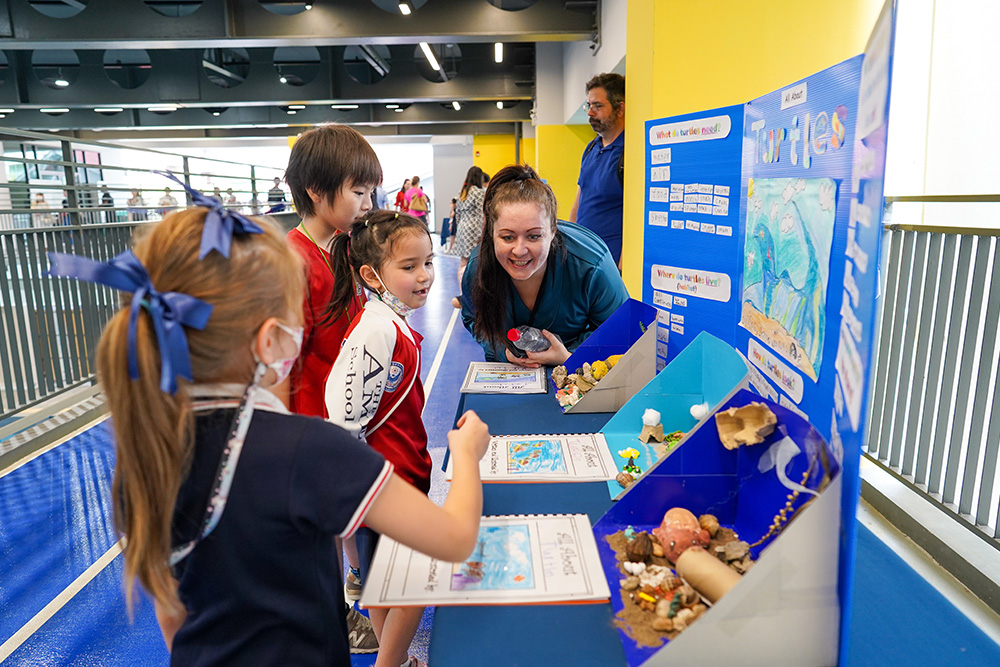
First Grade PBL
Students researched and documented information and created habitats and informational poster boards that showcased their findings.
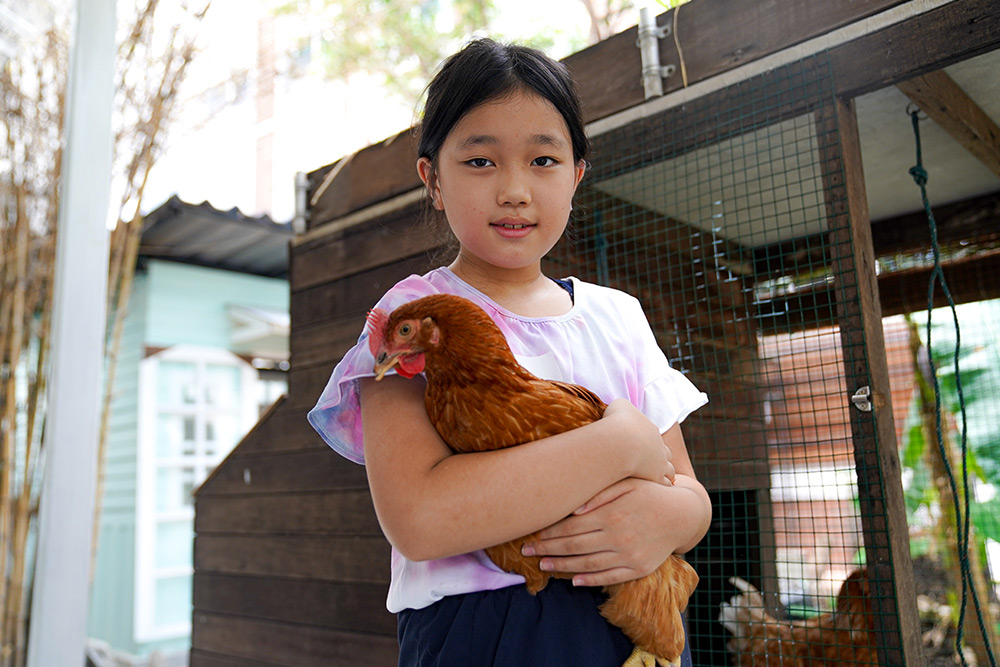
Second Grade PBL
The project led to an understanding on how environmental changes affect food supply, especially in urban areas.
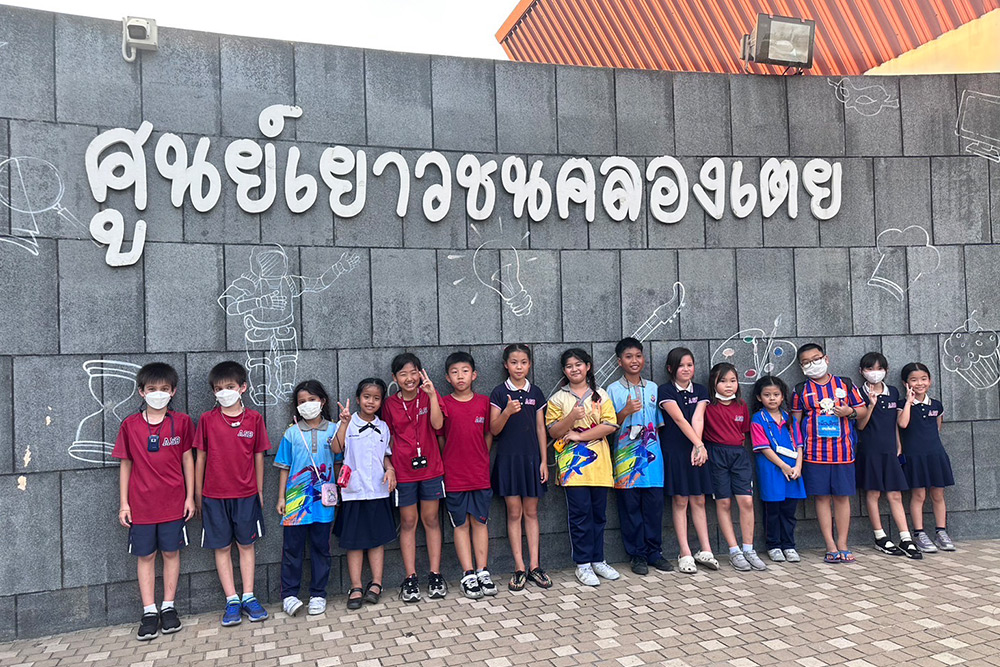
Third Grade PBL
XCL ASB third graders learned all about rights children have, how they are violated across the world.
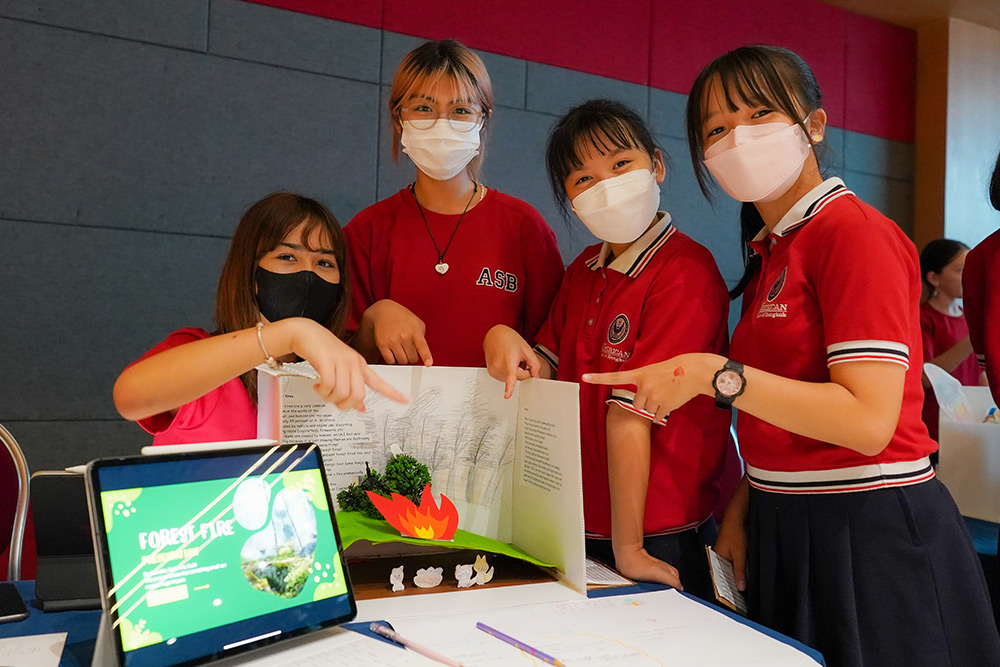
Sixth Grade PBL
Students explored topics of deforestation, air pollution, water pollution, and land pollution.
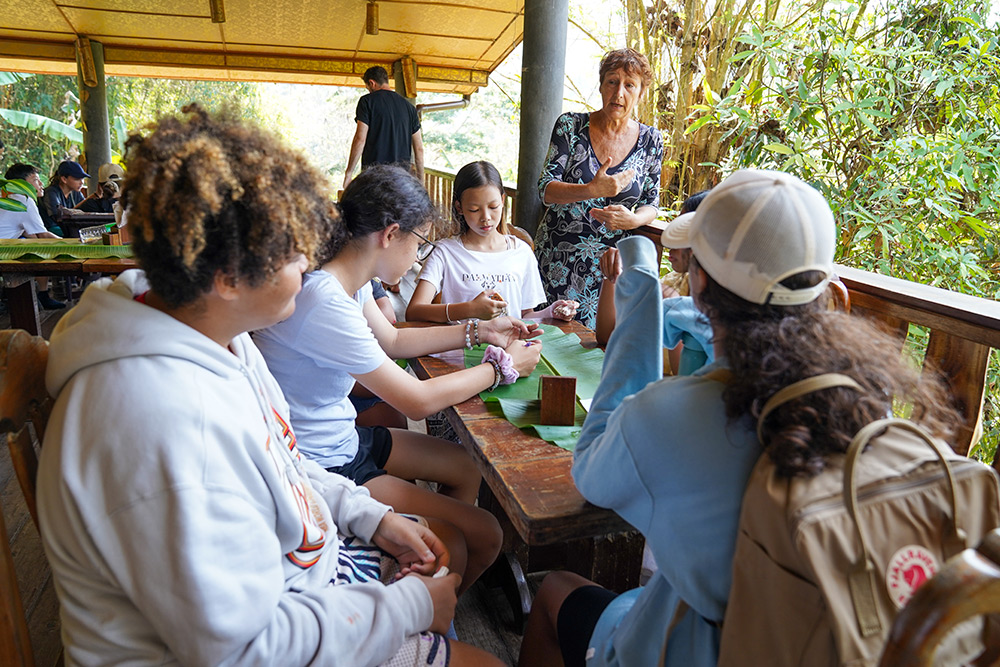
Seventh Grade PBL
Seventh graders visited sustainable farm to learn about agriculture and conservation.
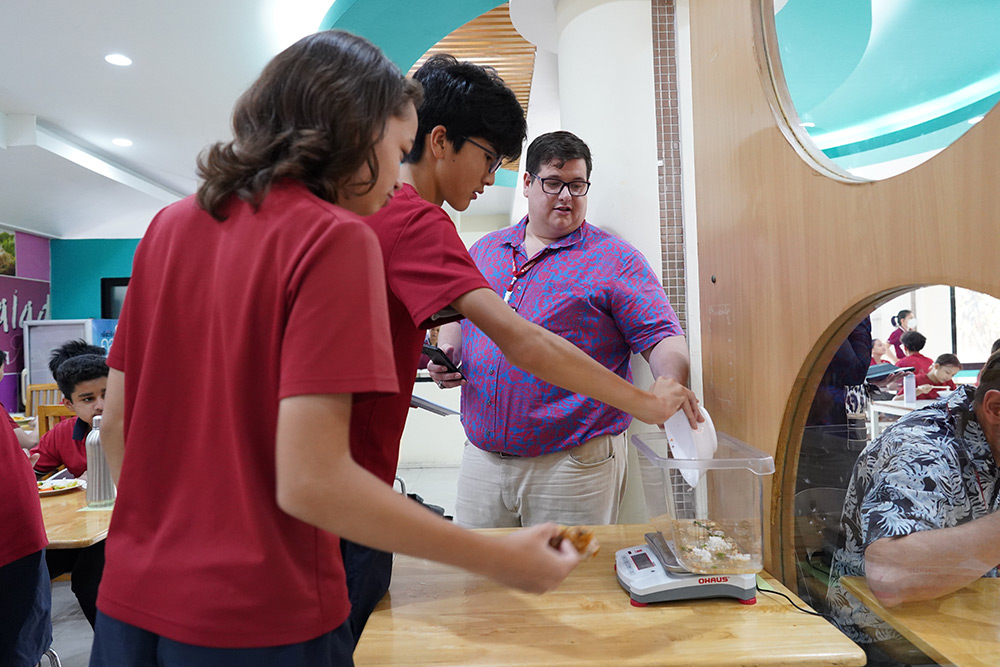
Eighth Grade PBL
XCL ASB eighth graders learned about food waste and how it impacted the world and how it could be solved.
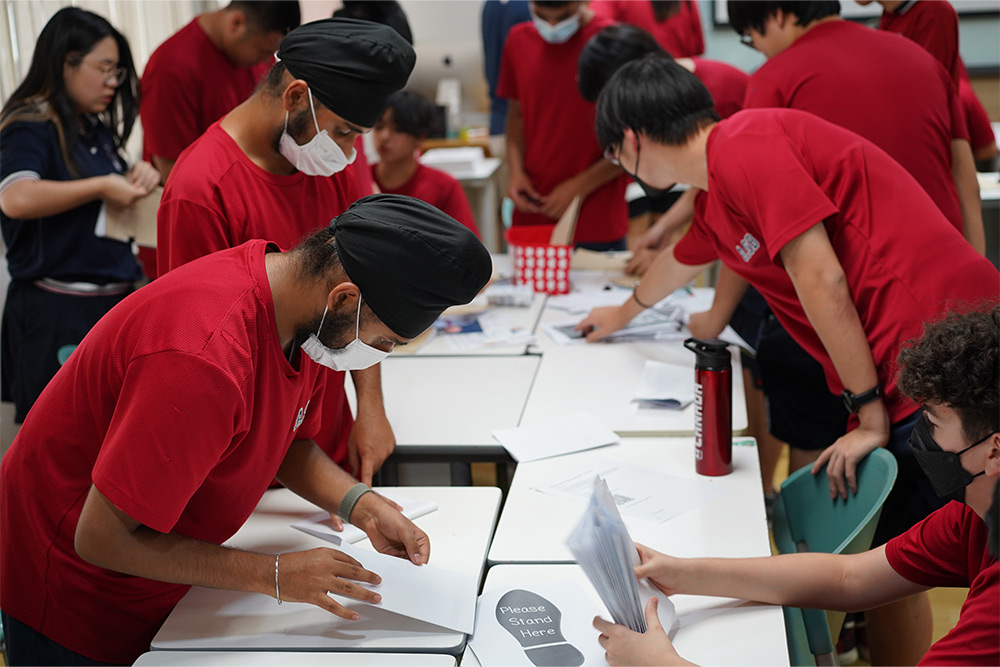
Ninth Grade PBL
XCL ASB ninth graders worked with a local organization, Paper Rangers to create reusable notebooks from recycled paper.
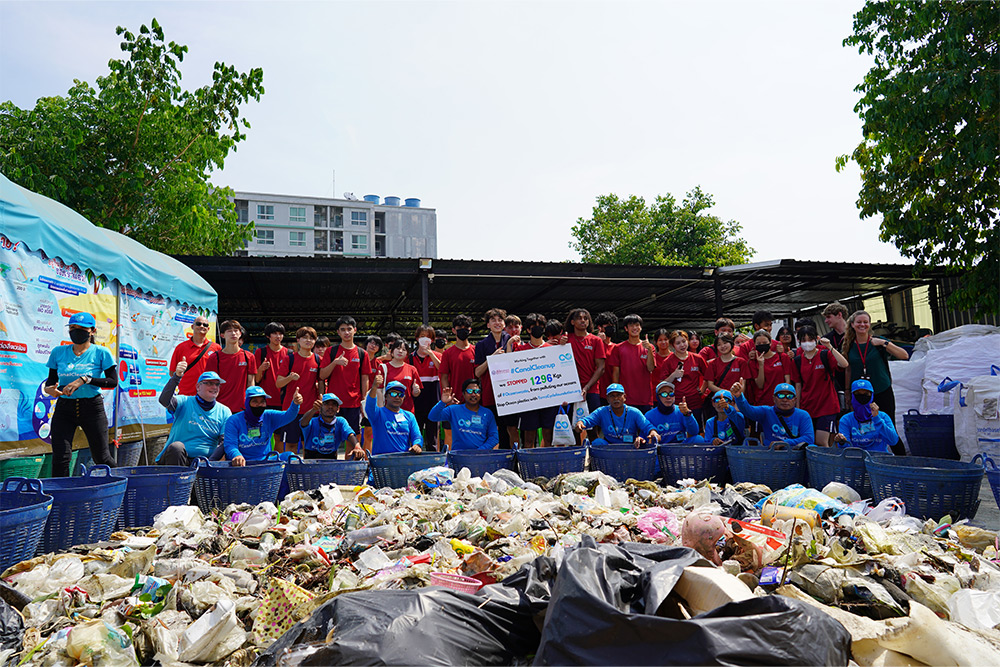
Tenth Grade PBL
Students learn more about the environmental impact that the waste has created
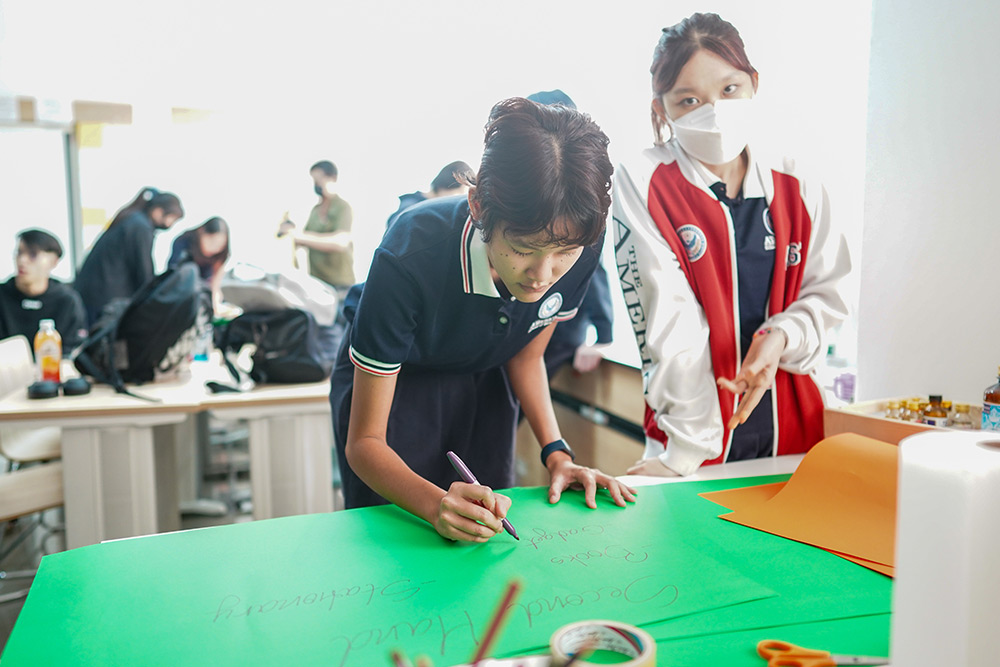
Eleventh Grade PBL
Students partnered with the Helping Hand Foundation to collect used items for charity. Donations help funded healthcare for the elderly and underprivileged.
Other Programs

Apply Now
Apply to XCL ASB Today!
XCL ASB young learners enjoy a spacious and well-equipped classroom ambience, and thrive in physical, academic, social, and emotional development.

